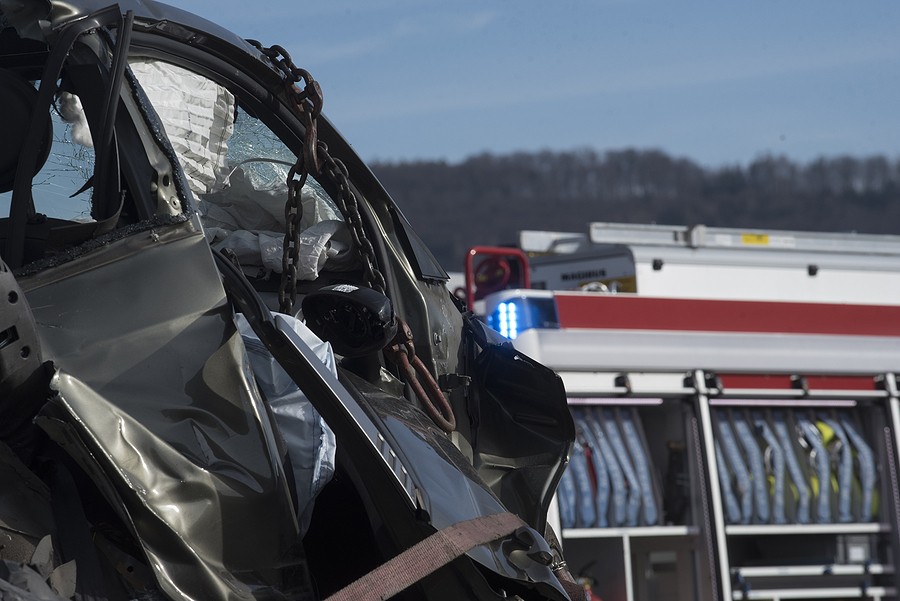If you get a situation where you totaled your car but still owe money on it, you need to follow these steps to navigate the complexity and resolve the issue:
- Notify your lender
- Pay off your loan
- GAP insurance
Dealing with legal issues about vehicles can be very frustrating, and the whole story of paperwork can be overwhelming, especially if you're not experienced.
One very common situation you might encounter is when your car is totaled while you still owe money on it. This can be a very frustrating situation and might get people very nervous about the consequences.
Since automotive experts understand the challenges behind such a situation, they have done detailed research about what steps you need to take so you aren't held liable for anything that happens to your vehicle. Of course, these opinions require you to consult a professional attorney when dealing with a specific situation.
This article gives you some recommendations about what needs to be done if you deal with situations we are you totaled the car but still owe money on it. Let's read on for more details!
Understanding what it means to total a car
Before we dive into the details of situations where you totaled a car but still owe money, you must understand the idea of total vehicles. Unfortunately, not everybody understands this concept, and a lot of confusion could happen.
The term totaled vehicle indicates that the vehicle got involved in something major where repair costs are greater than the vehicle's value. In other words, if you're a mechanic who said that you need to fix certain components in your vehicle and the repair costs are approaching more than 75% of your vehicle, that's where your vehicle might be considered total.
For example, if your vehicle is worth $10,000 and you need to install a new engine and fix the transmission for a total repair cost of around $8000. In that case, most automotive experts and insurance companies recommend totaling this vehicle and using its value to purchase another car.
How to determine if your car is totaled?
Even if you feel that repair costs are very high, it doesn't mean you can make the final decision and say that the vehicle is totaled. There must be professional judgment by mechanics or insurance companies to indicate that the vehicle should be considered as total.
Typically, if your car was involved in a major car accident, so we are our insurance company sends a mechanic to inspect the vehicle. You might hear from the insurance company that this vehicle is beyond repair, and they will consider it totaled.
That's why professional mechanics typically does the job with a scene and SA on what exactly needs to be fixed in a vehicle and whether it's worth it. That's why totaling a car is sometimes valuable, so you don't fall into this rabbit hole of repairs that do not end and try to fix the vehicle that's not worth it.
Totaled your car but still owe money on it? Steps you need to take
One of the most critical and challenging situations that you might get involved in is when you total a car but still owe money on it if you. this can get very complicated. If you don't understand what you need to do, you might label things and even get nervous about what needs to be done next.
According to automotive experts, if you deal with situations where you totaled your car but still owe money on it, here's what you need to do:
1. Notify your lender
Hiding the information about the lender is never a good idea. If your car was involved in an accident or if anything happens to the vehicle where it is claimed at total, your lender needs to know because the longer you wait on not telling the lender, the more complicated it gets.
When notifying the lender, you can't simply verbally explain what happened and tell them that the vehicle is considered totaled. Instead, you must provide proof of written inspections from professional mechanics who recommend totaling your vehicle.
You will also need a copy of your insurance claim proving you've been in touch with the insurance company and the insurance sent their mechanics or their staff to inspect the vehicle and confirm that it's beyond repair.
Having those paperwork saves you a lot of time and hassle dealing with lenders because you want to make things right and avoid dealing with any complications that could get you involved in major consequences.
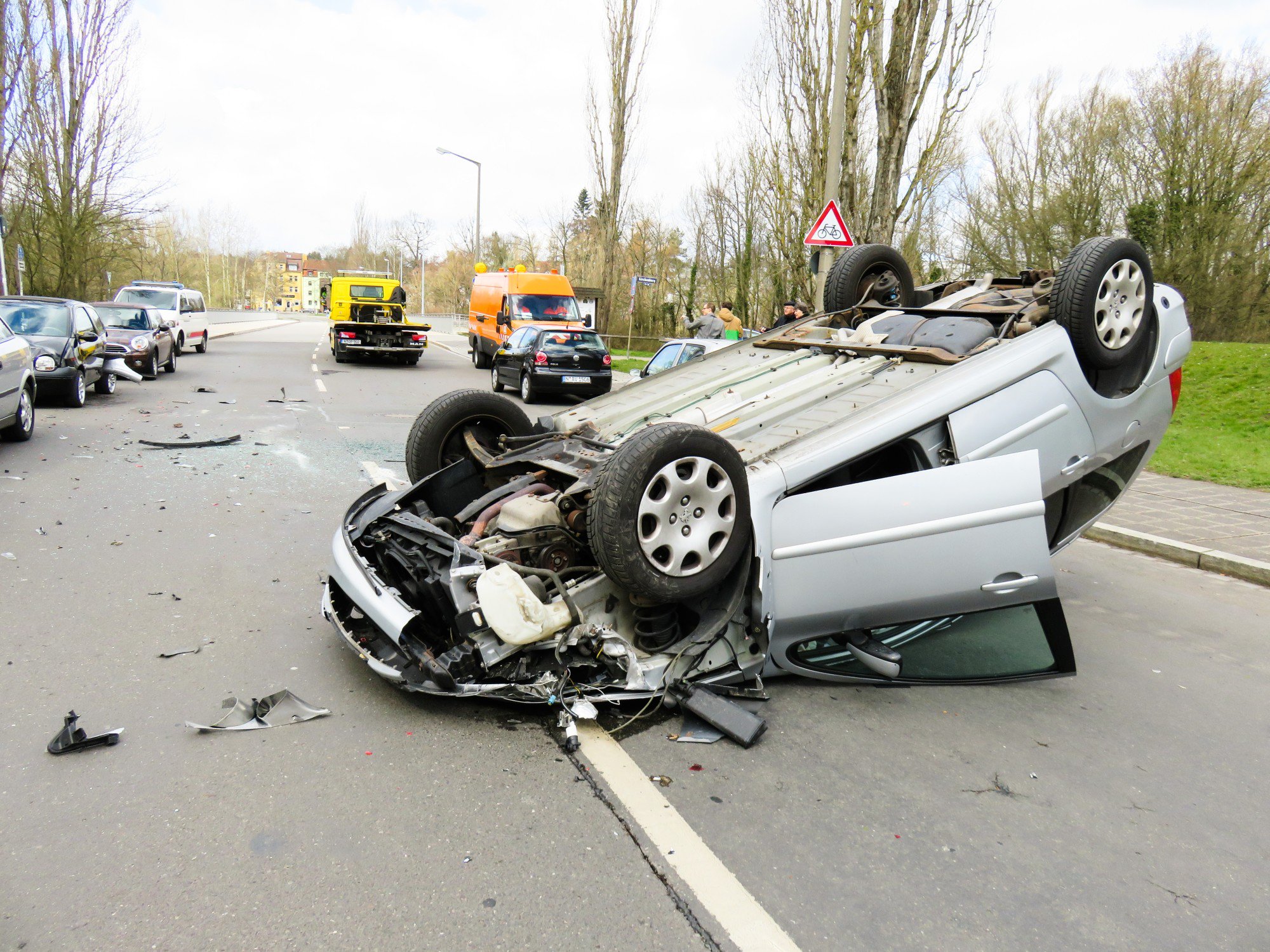
2. Pay off your loan
Unfortunately, when your vehicle is totaled and you still owe money, the lender will likely ask you to pay off the loan. There's no way they'll forgive you for the remaining balance because this is different from how it's done.
That's why as you're working on informing the lender, you should start thinking about how we will pay off this loan. According to automotive experts, to pay off this loan on a vehicle that you don't own, you might have one of the following options:
Use the money from the insurance claim
The first step you want to take and consider is to use the money out of the insurance claim and pay it off towards the balance remaining on this vehicle. However, only some times will the insurance company pay you a decent amount of money for the vehicle, and depending on your insurance policy, your options might be limited.
Roll the remaining balance into a new loan
The second option would be to roll the remaining balance into a new loan. This makes things more complicated because it could limit the chances of selecting the right loan for you, and there might be better situations for you and great timing for considering another loan.
But unfortunately, some people may not have any other options, so they are considering rolling out this remaining Balance.
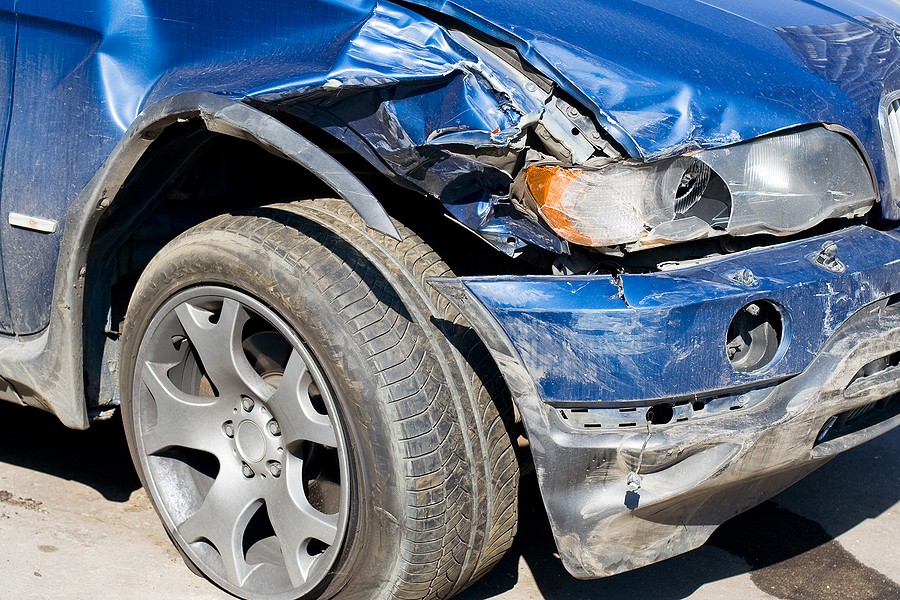
3. GAP insurance
In some lucky situations, if you have GAP insurance, you get the luxury of the insurance company paying off the difference between what the insurance company is offering you and what the lender is asking you for. But this is an add-on option, and not everybody has this luxury because it's not cheap to consider GAP Insurance.
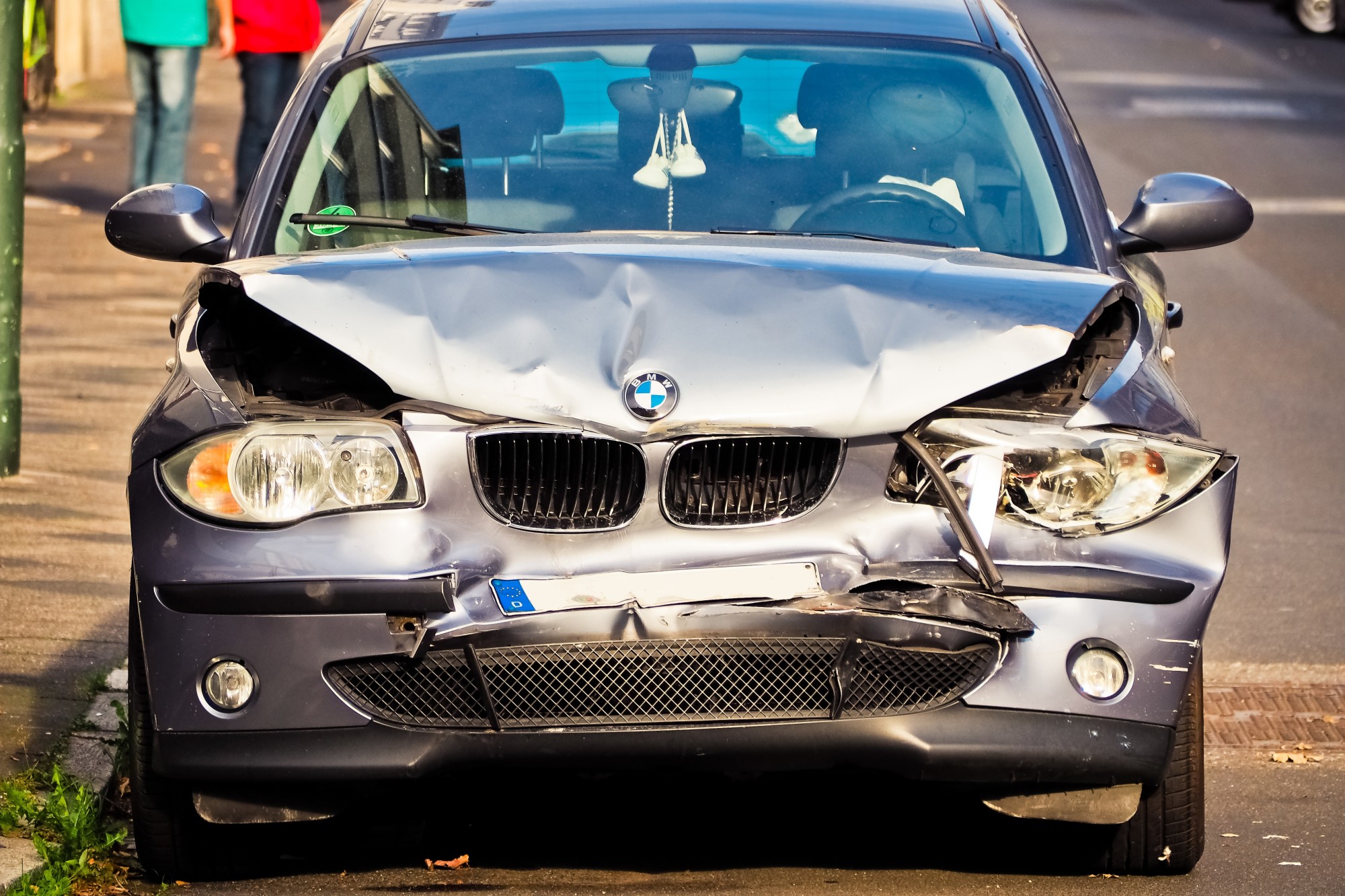
How to get a new car after your car is totaled?
After resolving the situation where you totaled your car but still owe money, the next step is to consider purchasing another vehicle. Again, you can choose between the new and used car markets, which have pros and cons.
Whether you choose a new or used vehicle, you need to follow the right procedure not put your money on the wrong investment. Let's take a closer look at how to get a new car:
1. Shop around
The first and most critical thing you must consider is that you must shop around before making a final decision about purchasing a car. There are plenty of resources out there that could help you understand your needs and determine what vehicle works best for you.
The last thing you want to do is to put additional money into the wrong car because you just got out of a social situation where you totaled your car but still owe it. That's where advice from experts can be invaluable.
2. Consider a used car
Since you've been in a stressful financial situation, consider a used vehicle instead of relying on a brand-new car. The used vehicles are less expensive and might not need significant investment.
However, going with a used car doesn't guarantee that you will not deal with major complications and problems in the vehicle. That's why you have to be very careful about where and how to buy used cars.
One way to be on the safe side is to hire a mechanic who can check your vehicle and consider all potential problems that these vehicles are expected to have. This way, you know that at least the mechanic is not expecting major problems in this vehicle.
3. Don't rush into a decision
The last thing you want to remember is that purchasing a car should be a smooth process. You have to be patient and do all the math properly so you don't commit yourself to something you can't pay.
It would be best to educate yourself as much as possible about all the potential struggles and challenges you might face when purchasing a vehicle. If you're out, there are tons of examples of articles that can walk you through a step-by-step process on how exactly to buy a car and what type of scams you might run across.
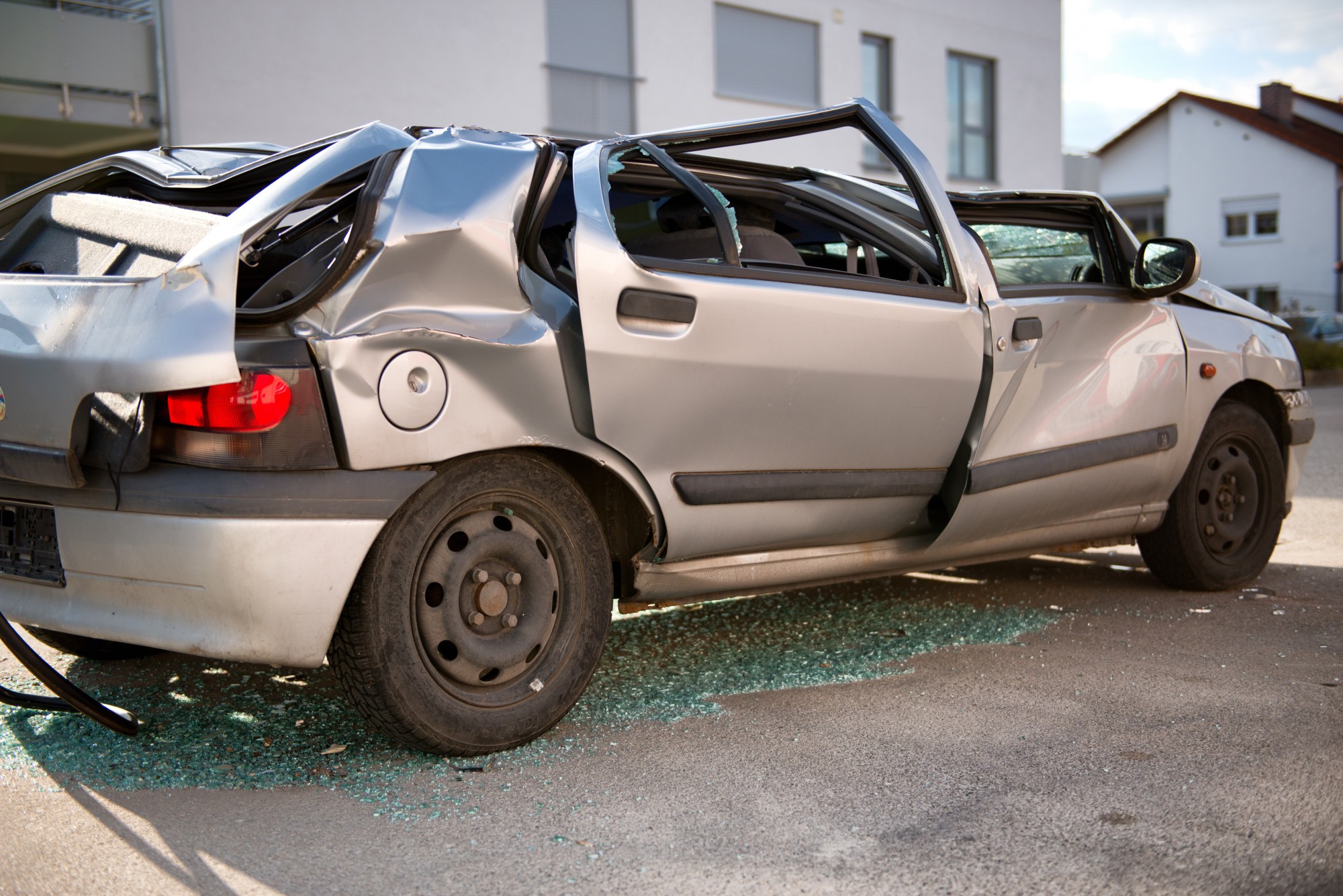
Final thoughts
Dealing with situations where you totaled your car but still owe money on it can be very frustrating. However, it's not rare; many people might suffer from this situation because they don't know what needs to be done next.
This article walks you through a step-by-step process of dealing with the situation and what you need to do. You'll need to start by letting the lender know, paying off the loan, and checking if you have GAP insurance which can take care of the remaining balance.
If you decide to keep your total vehicle, you might wonder who will buy it. The great news is that Cash Cars Buyer is one of the limited companies that will accept your vehicle regardless of size or condition. So all you need to do is call us at 773-791-4363.

